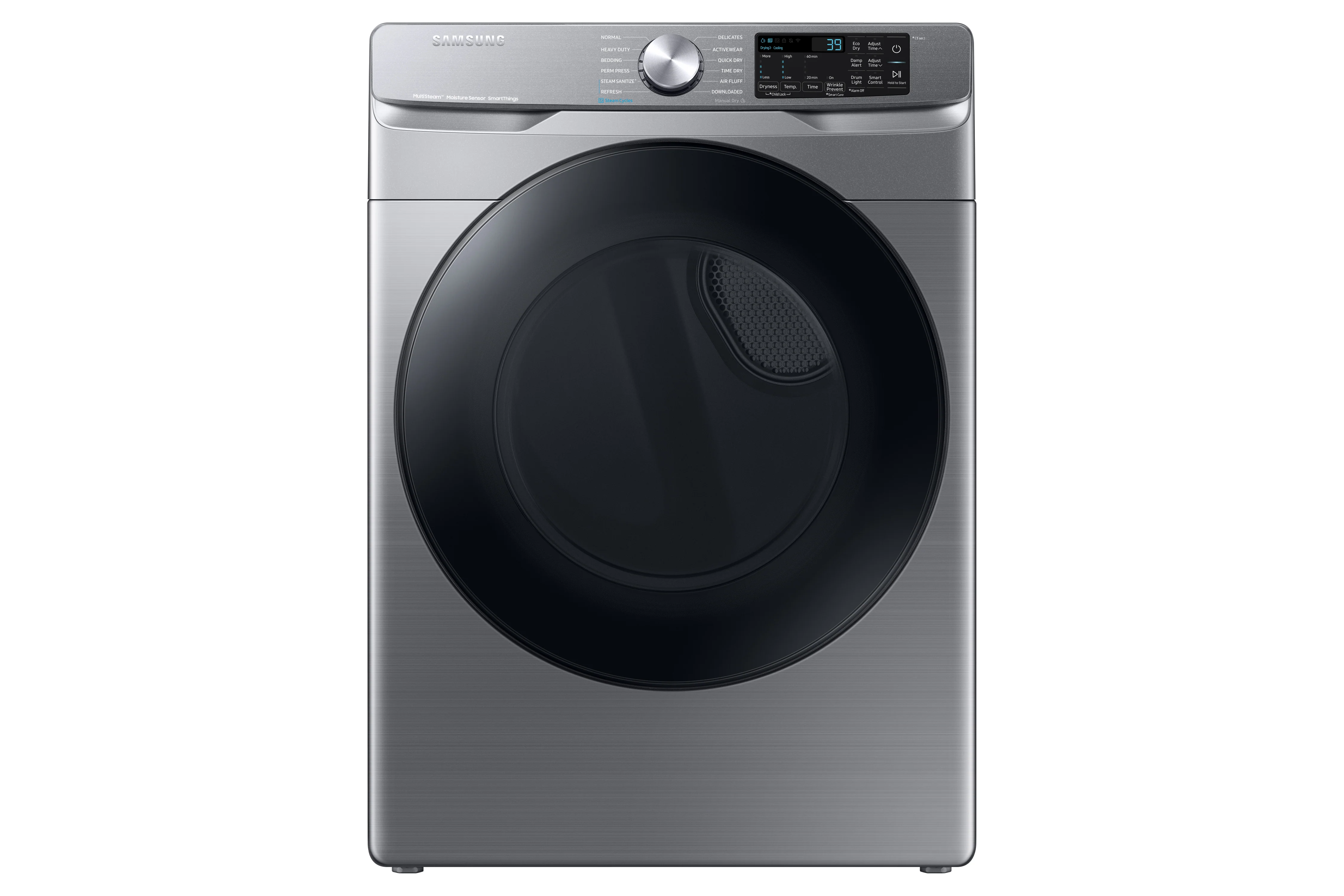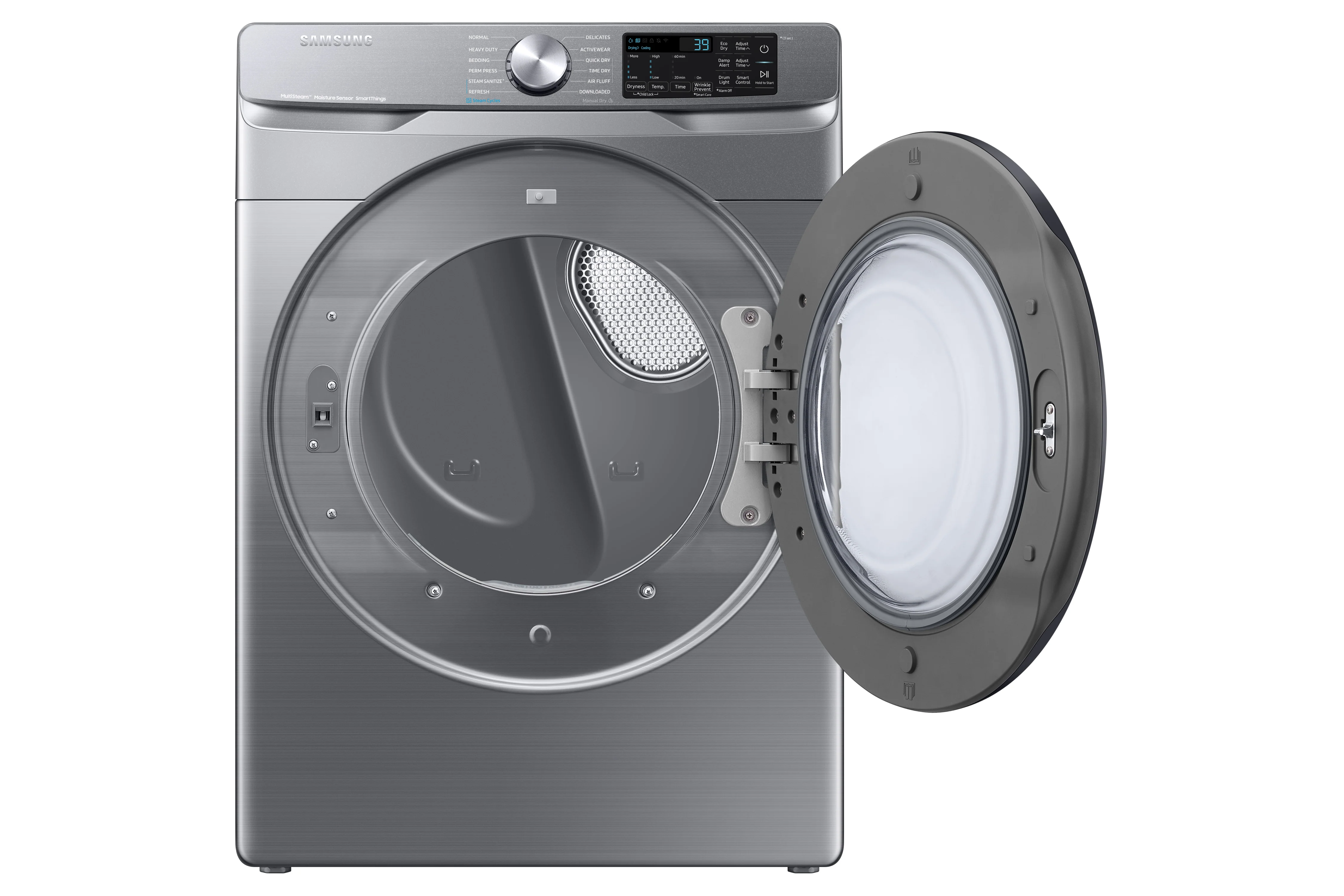Whether you buy your eggs from the local grocery store, or you get them from your backyard chickens or a local farm, knowing how to store them correctly is essential. And even if stored properly, knowing how long they last before spoiling is even more critical. Can store-bought eggs last beyond their expiration date? Do eggs need to be refrigerated? How long do eggs last in the fridge?
If you’ve ever asked any of those questions, keep reading. We’re sharing everything you need to know about how to properly store your eggs and keep them fresh.
In this article, we’ll cover:
Looking for a new fridge?
Check out our full line of refrigerators to get started.
How Long Do Eggs Last in the Refrigerator?
So, how long do eggs last in the fridge? The USDA says that as long as eggs are appropriately stored in the refrigerator, they can last anywhere from 3 to 5 weeks. So, you don't necessarily have to go by the date printed on the eggs, if properly stored, they’re still perfectly safe to eat even past that date. However, purchasing your eggs by the date listed on the carton is a good idea.
Feel confident that you know the answer to the question: how long are eggs good for in the fridge with the following tips:
- Even if your eggs have been in your fridge longer than 5 weeks, they're probably still okay to eat.
- There's not so much of a concern about bacteria or spoilage after the 5-week mark, but rather a possible decline in the quality of the eggs.
How to tell if eggs are still good
Fill a bowl with water and place your egg in the bowl. If it sinks, it's perfectly safe to eat. If it floats, it's got too much air on the inside and won't be as fresh.
If you're wondering how long do boiled eggs last in the fridge, they can safely last a week. If you've cooked for a large event and you have leftover eggs, you might wonder "how long do cooked eggs last in the fridge?" or "how long do scrambled eggs last in the fridge?" The answer: cooked or scrambled eggs safely last 3 - 4 days in the fridge.
How to Store Eggs
Once you purchase your eggs, it's important to refrigerate them immediately in the original packaging. Although many refrigerators have space for eggs in the door, that’s really not the best spot for storage, as the door space is the warmest part of a fridge.
Leaving the eggs in their original container and placing it toward the back of the refrigerator, where temperatures are the lowest, is the safest bet.
FAQs About Keeping Eggs Fresh in the Fridge
How do you keep eggs fresh longer?
The best way to keep eggs fresh is to place them in the fridge immediately when you get home. Directly putting them in the refrigerator prevents condensation or sweating on the shell. Condensation on the outside weakens an egg's natural defense mechanisms, potentially allowing the growth of bacteria or other microorganisms to enter the egg.
How do I make eggs last longer in the fridge?
Answering the question: how long are eggs good for in fridge areas depends on where you store them and what you store them in. As already noted, if you want your eggs to last as long as possible, the best way to keep them fresh is by storing them in their original container instead of your fridge's egg caddy and placing them in the back of your fridge, where the temperature is optimal.
Is it better to keep eggs in the fridge or not?
In the United States, eggs undergo a sterilization process to protect consumers against Salmonella. This process kills any bacteria on the shell but can potentially remove the egg's cuticle, which helps protect it. Therefore, refrigeration is required to ward off the growth of bacteria on the weakened shell.
Can you keep eggs at room temperature?
Store-bought eggs will only last for 2 hours at room temperature because condensation will appear, which allows a transfer of bacteria to enter the egg. So, unless you plan on using the eggs immediately, or if you need room-temperature eggs for a recipe, it's necessary to refrigerate them as soon as possible.
How long will fresh eggs last unrefrigerated?
Farm fresh eggs can last around 2 weeks at room temperature because they do not undergo the same sterilization process as commercially-sold eggs. Because of this, farm-fresh eggs have fully intact shells that don't allow bacteria to enter inside the eggs.
Whether you buy eggs from your local grocery store or get them from your backyard, knowing how to store them safely is essential. In addition, it's crucial to ensure your fridge has the space for proper egg storage and that it is set at the proper temperature.
If you have any concerns about your refrigerator's ability to safely cool to the recommended temperature, or if you’re searching for a different style fridge for your needs, you can browse our full line of refrigerators now.
Not only do we have the best selection of refrigerators, but we also have a price match guarantee, so you’ll always get the best price. Lastly, if a new refrigerator is an unplanned expense, we’re happy to help you with our flexible financing options. Reach out today!














































































































